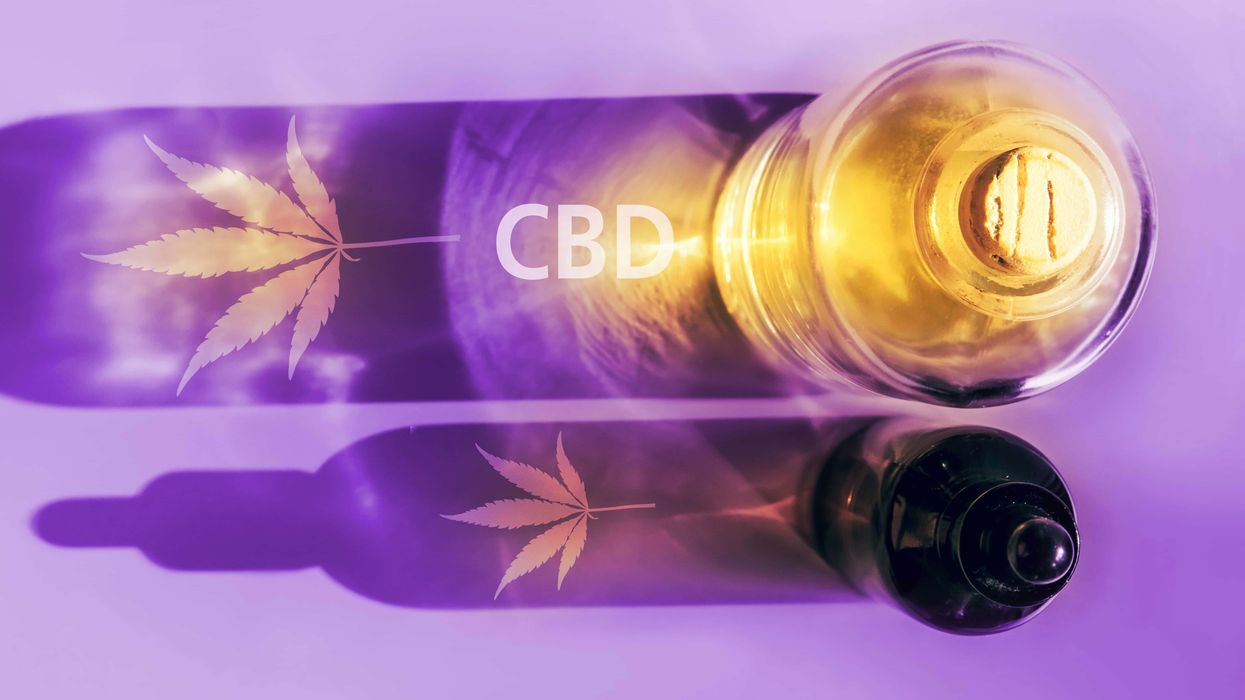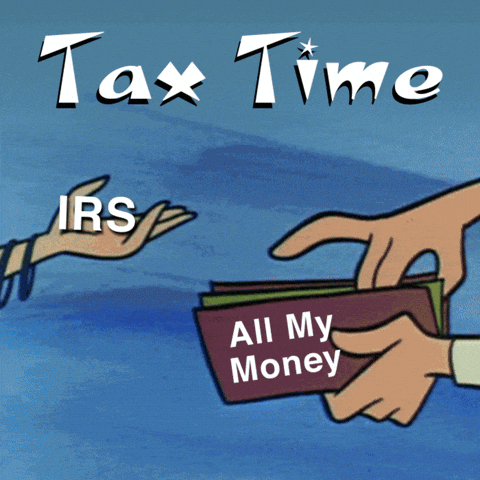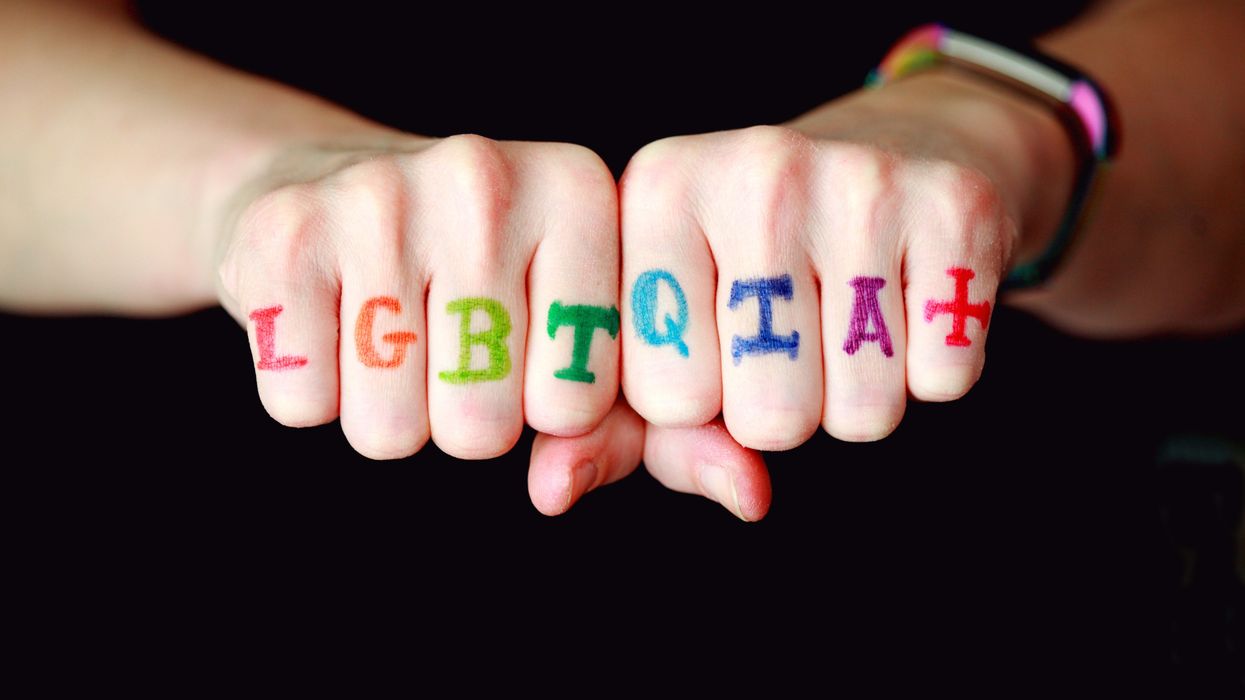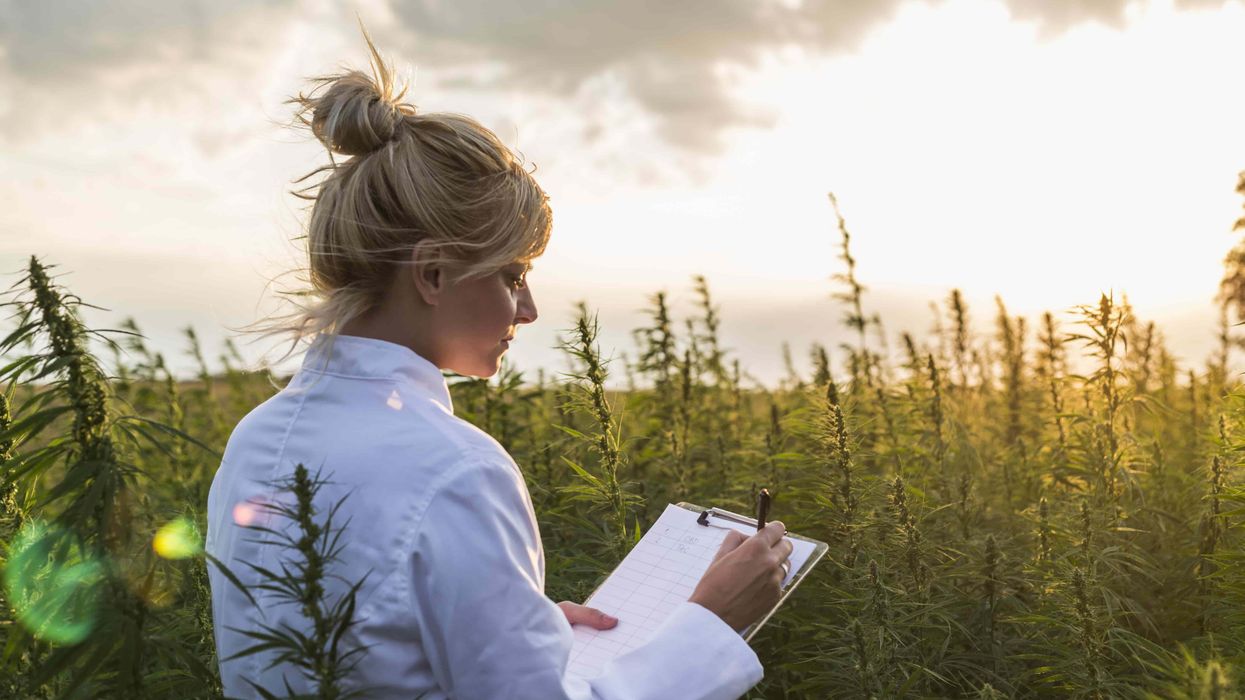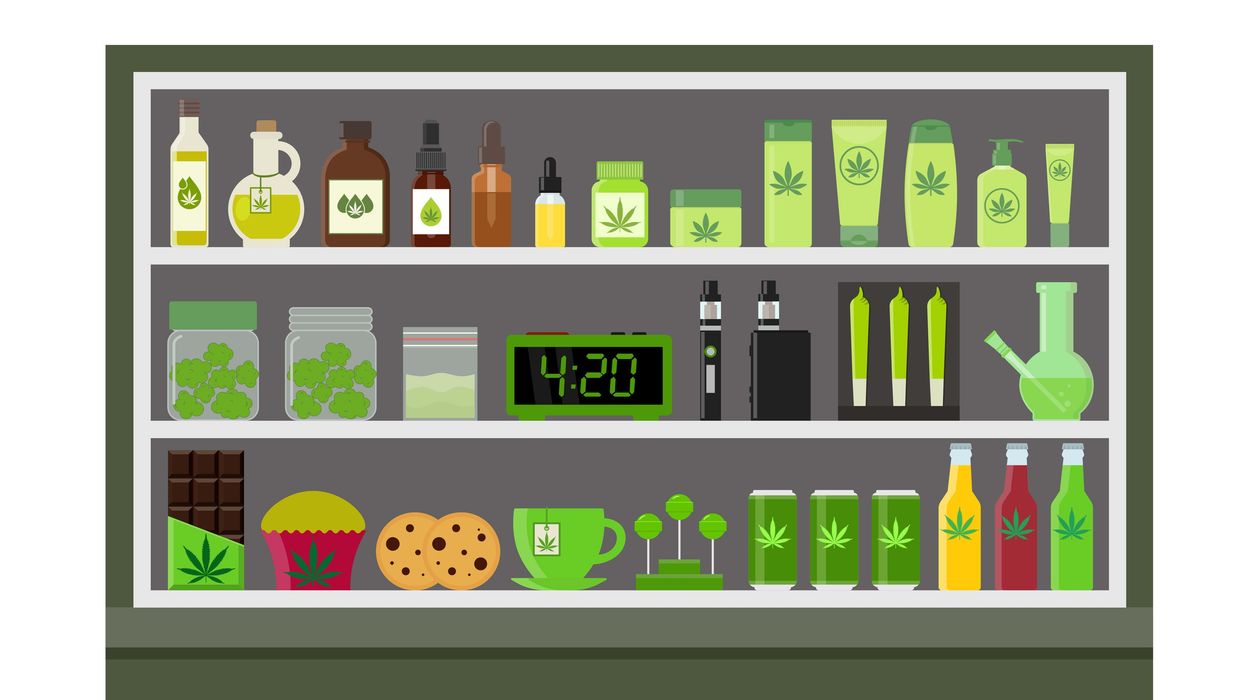This article is by Scott Mazza, Co-Founder and COO of Buffalo’s Vitality CBD.
Oils with heavy metals, fake organic credentials and incorrect potency and purity information. This is the state of CBD in New York. Despite counting a regulated hemp cultivation, processing and retail program, Empire state regulators are still struggling to control the industry’s bad apples. As a result, consumers are suffering.
Wily operators and sub-par products are unfortunately common in CBD. Research shows that less than half of brands test the majority of their products for potency and 60 percent of products don’t match the labeled CBD content.
The clear danger is that consumers use products of unknown origin and quality and face the consequences. This is something that regulators and industry insiders must work harder to stamp out. Further, such dangerous non-compliance is something that consumers must help root out.
New York: The struggle to enforce compliance
One of the nation’s major markets, New York is committed to regulating hemp extract by establishing grower, manufacturer and extractor licenses along with guaranteeing all products for sale are tested and fit for consumption. Enforcing such regulations, however, is proving difficult.
In November, The New York State Cannabis Control Board approved regulations presented by the Office of Cannabis Management establishing the State’s Cannabinoid Hemp Program. The regulations create new standards for processing, manufacturing, laboratory testing and packaging designed to regulate cannabinoid hemp products in New York State. Businesses were given a six-month window to comply with the new testing and packaging and labeling requirements. So, if the right checks and balances are now in place, the market should begin to see an improvement in product testing and overall quality.
In theory, these are important frameworks for a nascent industry. In practice, there’s not yet enough regulatory oversight to guarantee compliance. Anecdotally, there remain scores of state providers who continue to disregard the rules surrounding quality and extraction. This is backed by an investigation by Leafly which found that unregulated and dirty cannabis from unknown sources is reaching store shelves labeled as hemp, posing a safety risk to consumers.
The dangers of dodgy CBD
Sadly, bad actors in this space are harmful to consumers. In the above study, many samples purchased from CBD shops and smoke shops – and labeled as hemp – were actually high-THC cannabis products. For unsuspecting CBD consumers, the result could be frightening or even dangerous. Further, more than 40 percent of the samples tested exceeded legal limits for pesticide and heavy metal contaminants set for regulated cannabis.
The good news is that consumers are recognizing today’s lack of quality control and calling for change. Increasingly, they’re demanding independent lab testing. For purity, a test undertaken by an independent lab is an easy way to show there aren't any impurities within the given product. Likewise, third-party testing can reveal the exact potency.
While regulators get up to speed, consumers should keep up with this pressure. Don’t be afraid to reach out to the companies you’re buying from and request proof of lab results and growing conditions.
Consumers: Look out and speak out
For the moment, the onus is on consumers to step up and ensure the given product is safe and real. There are some ways to help you – the consumer – do this.
First, check that the price isn't too good to be true. High-quality CBD oils are not inexpensive to produce. Therefore, if the price is very low, it’s a strong sign it's made with inferior or contaminated raw materials or substandard solvents. Further, it might not contain very much actual CBD.
Second, make sure the product discloses the amount of CBD. Good oil made by a reputable company will tell you how much CBD you're getting right on the label. Bad oils will often try to hide the information.
Third, cross reference online. The internet is full of articles about the quality standards for CBD extracts. You can read expert blogs, reach out to other CBD users on social media and forums, or ask the company to provide analysis certificates from third-party testing.
By no means are these tips a silver bullet. They are integral, however, in giving back much-needed consumer autonomy. Moreover, consistent and sustained pressure will further galvanize industry insiders who aren’t happy. Buoyed by internal and external demands, there can be a greater case for self-regulation within CBD, where producers themselves set the standard and contract independent lab testing with public results.
For now, the message for consumers is clear: until regulators step up, don’t be afraid to speak out.
Need a little more Bluntness in your life? Subscribe for our newsletter to stay in the loop.
